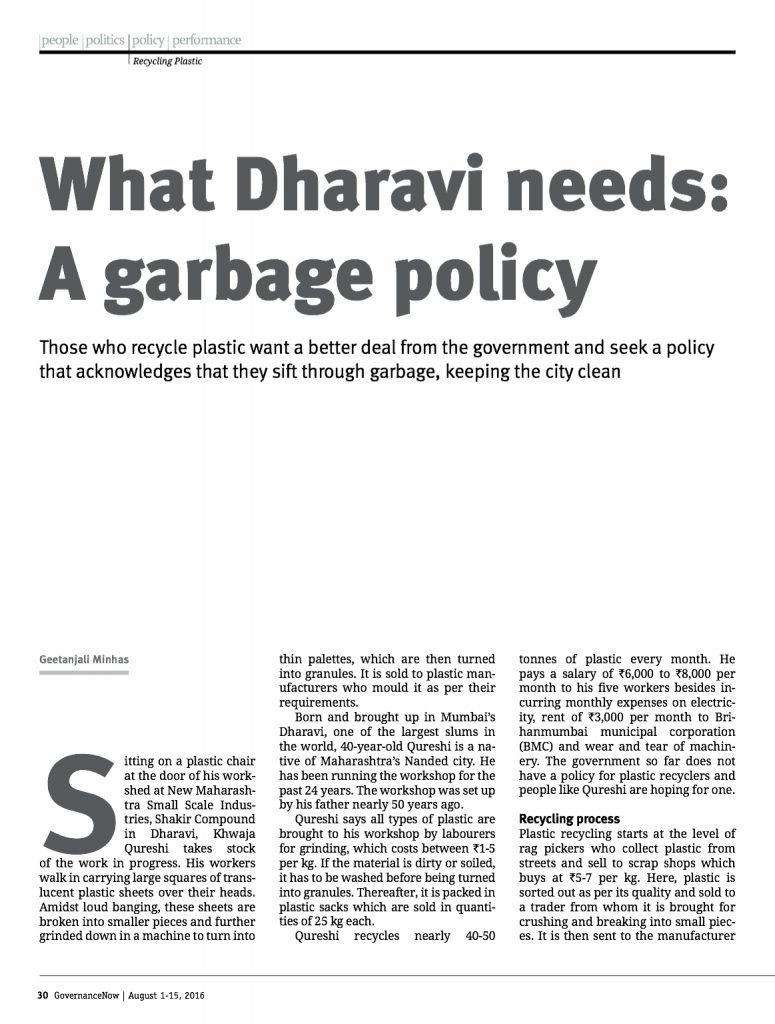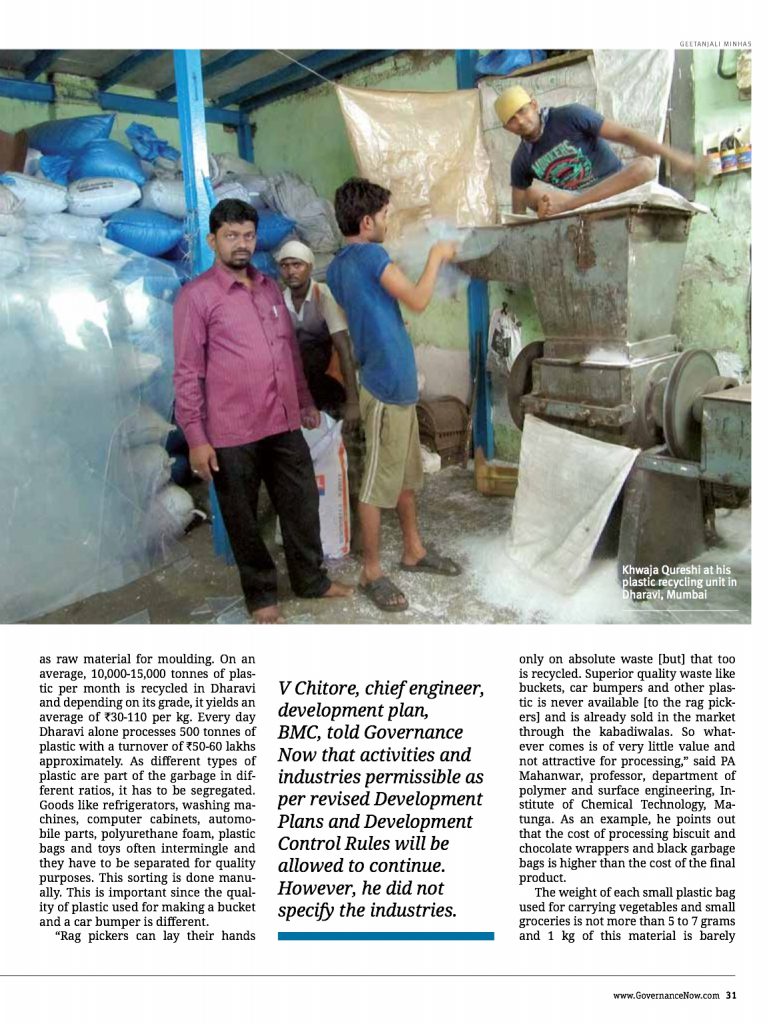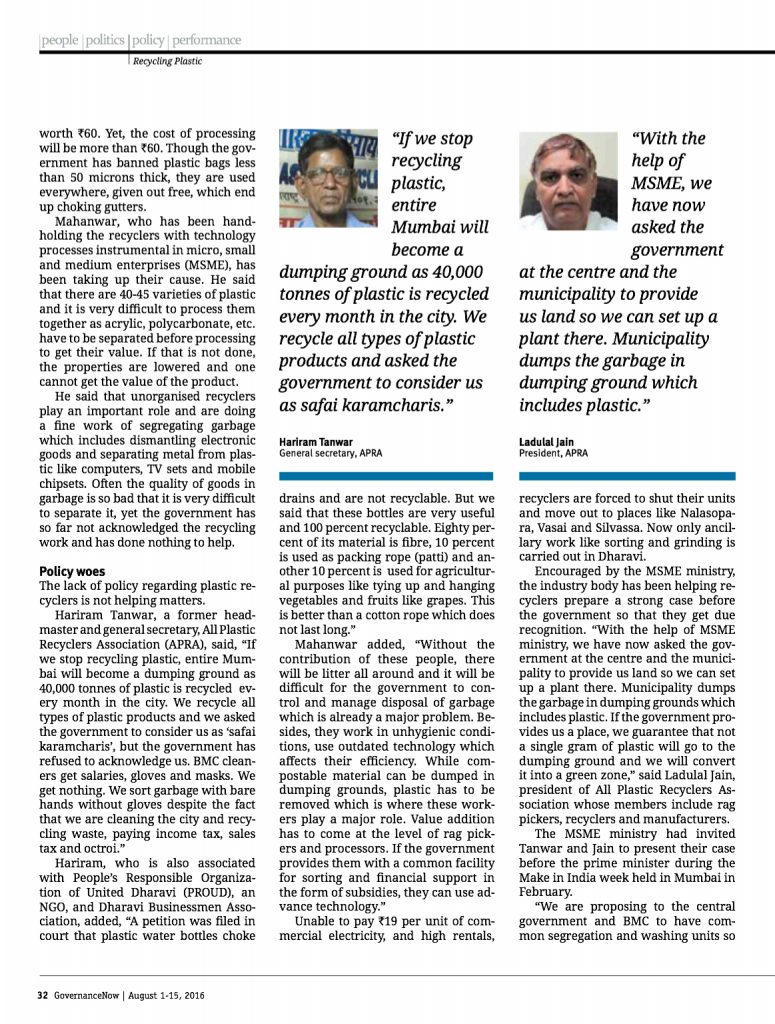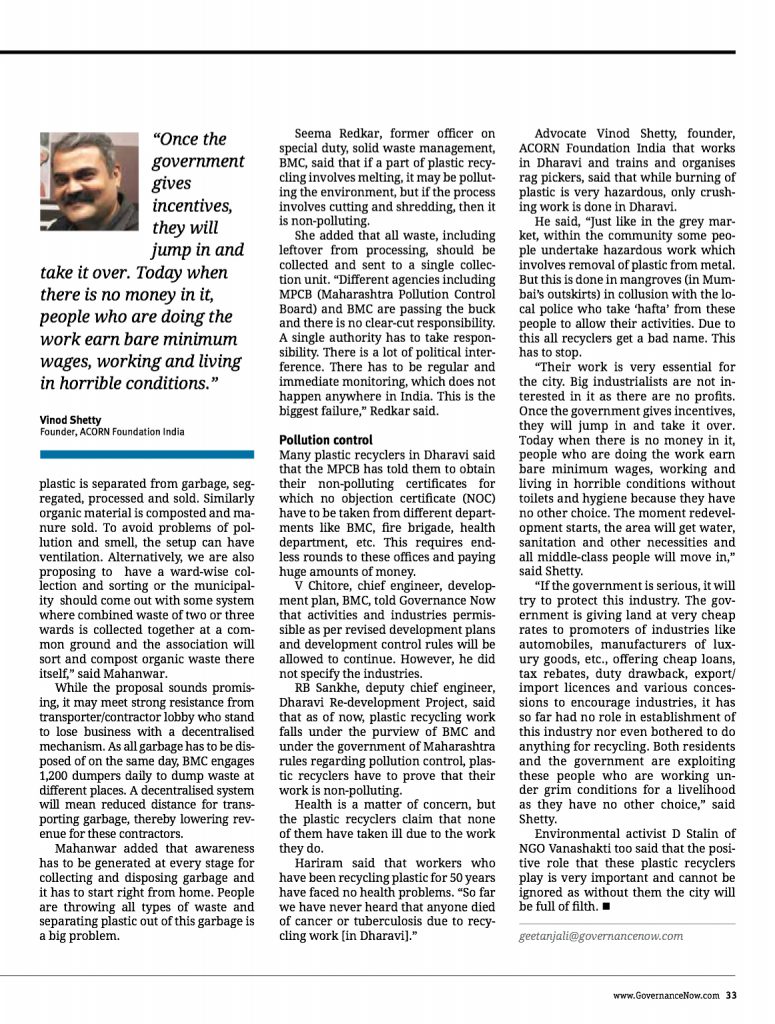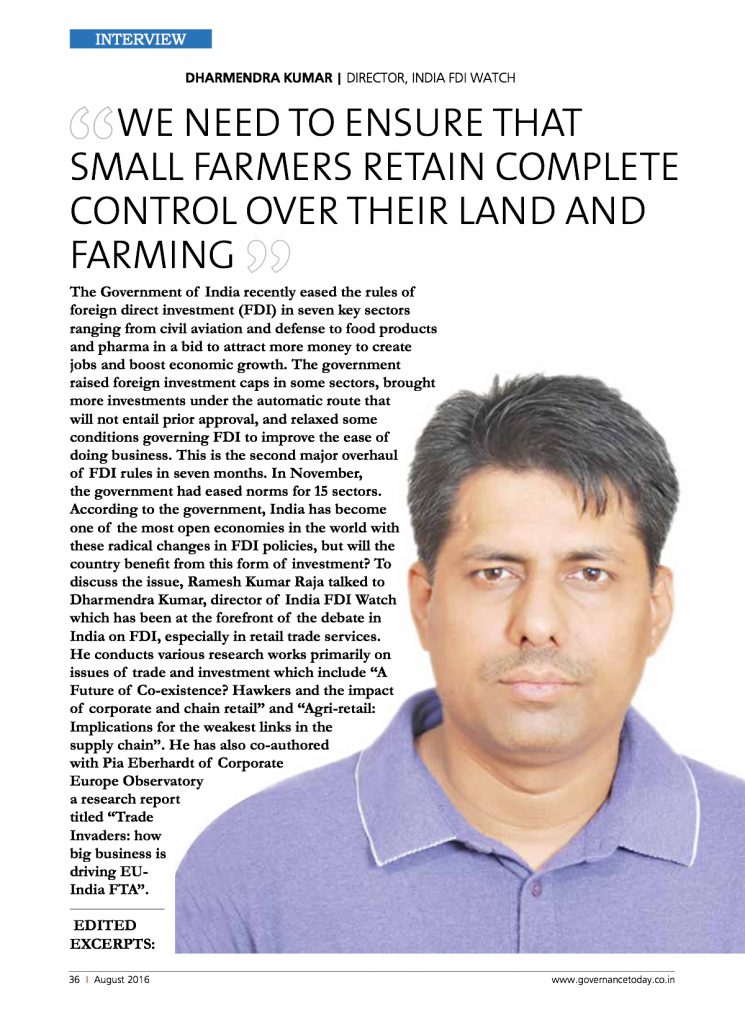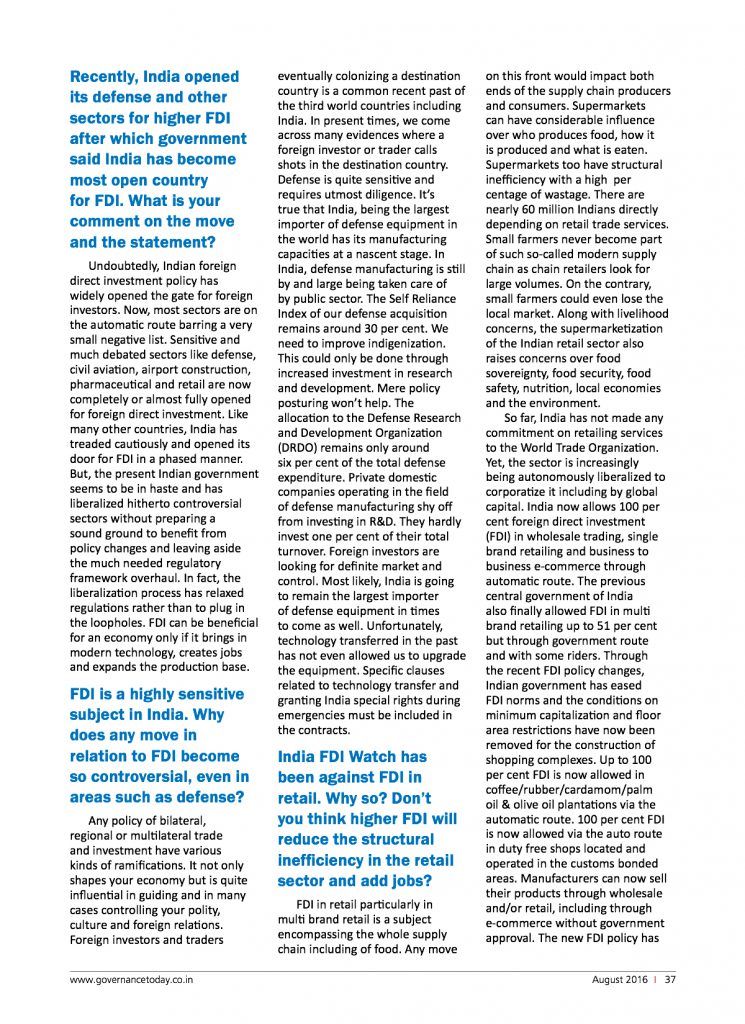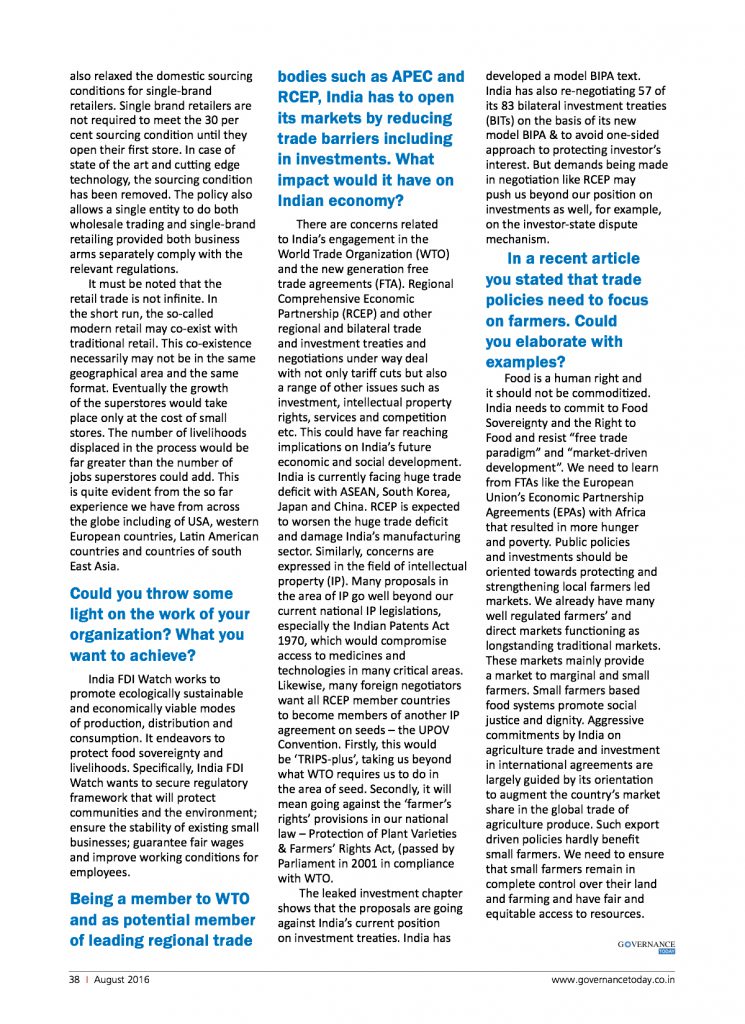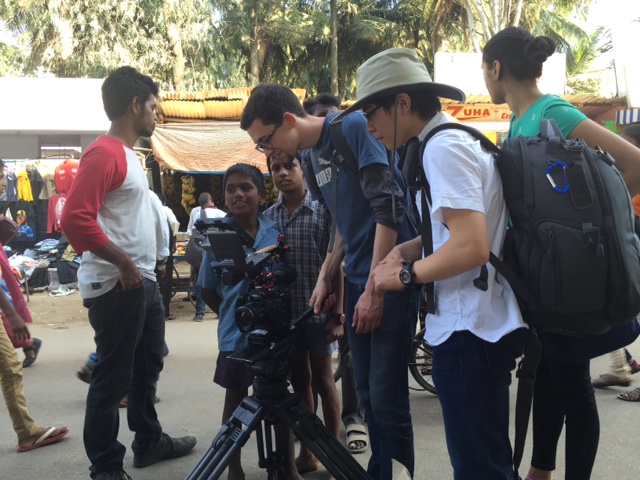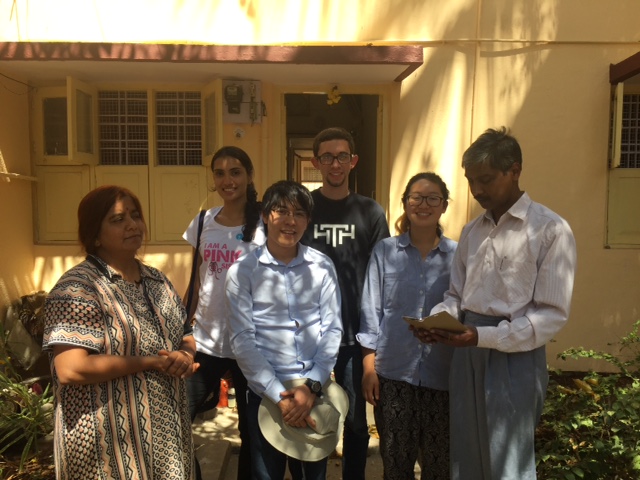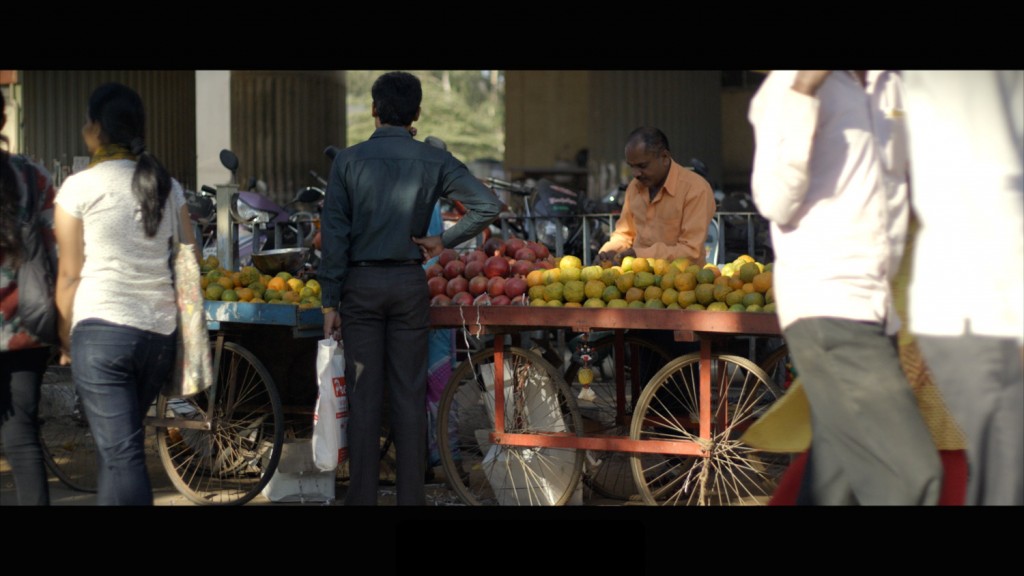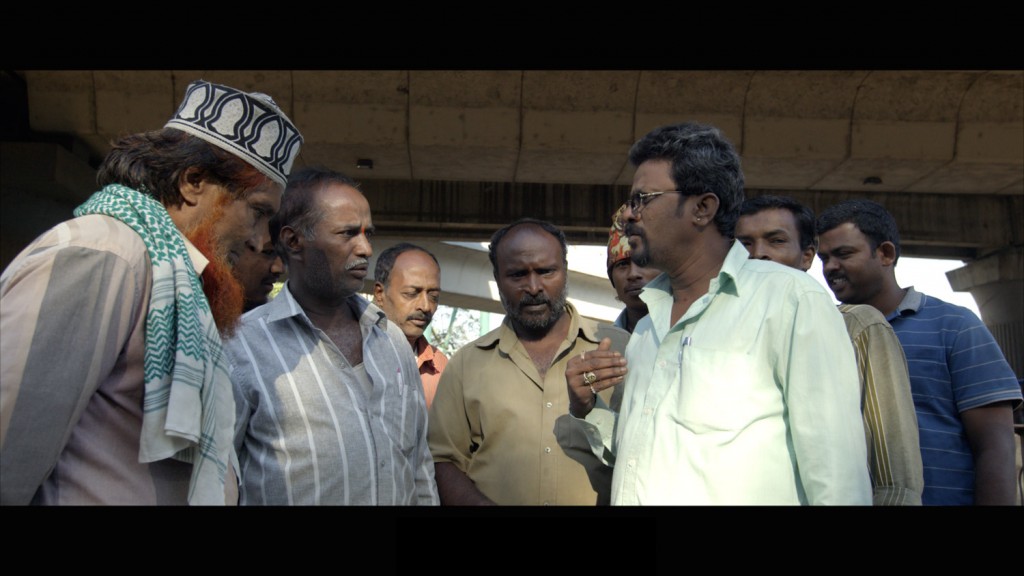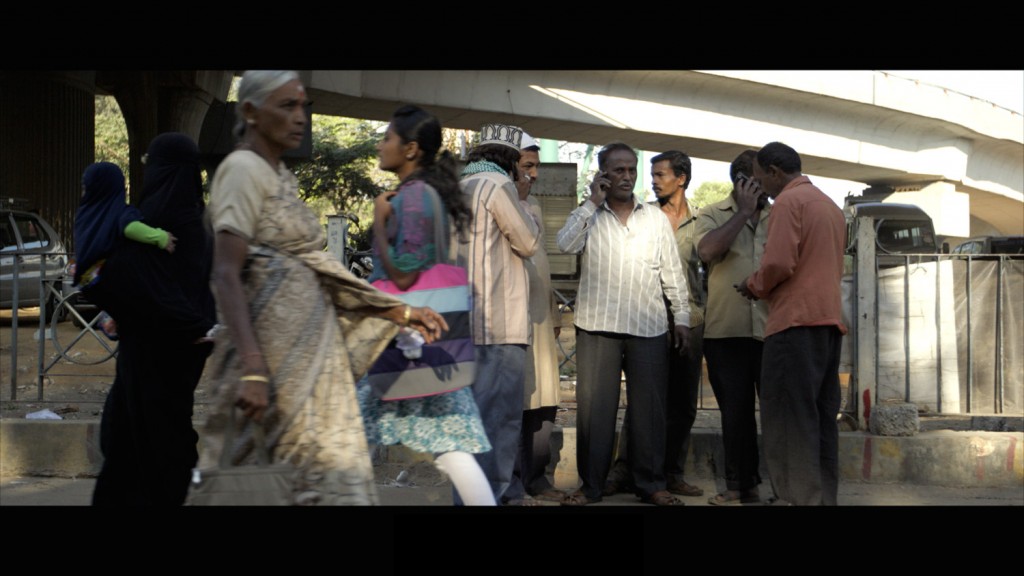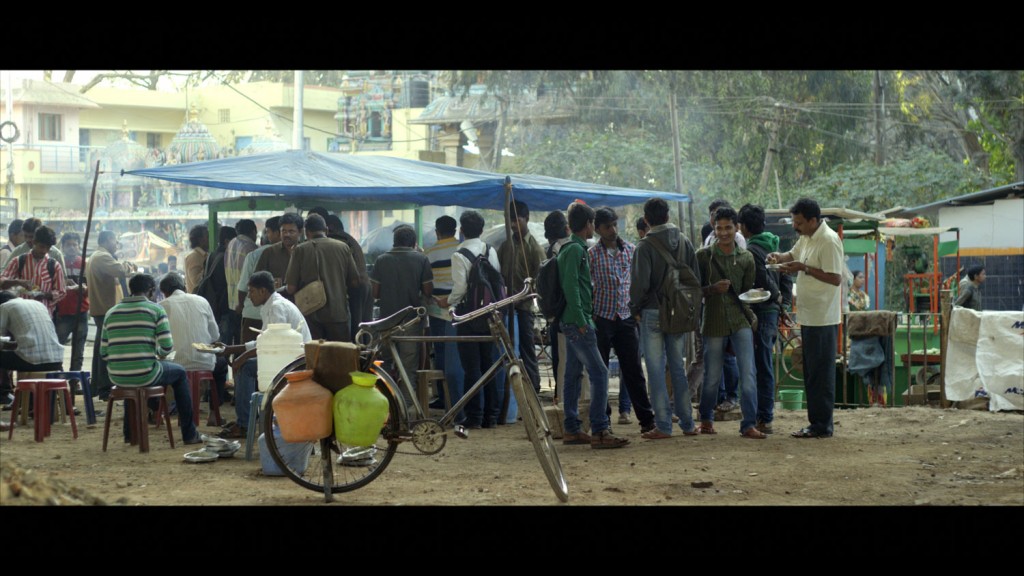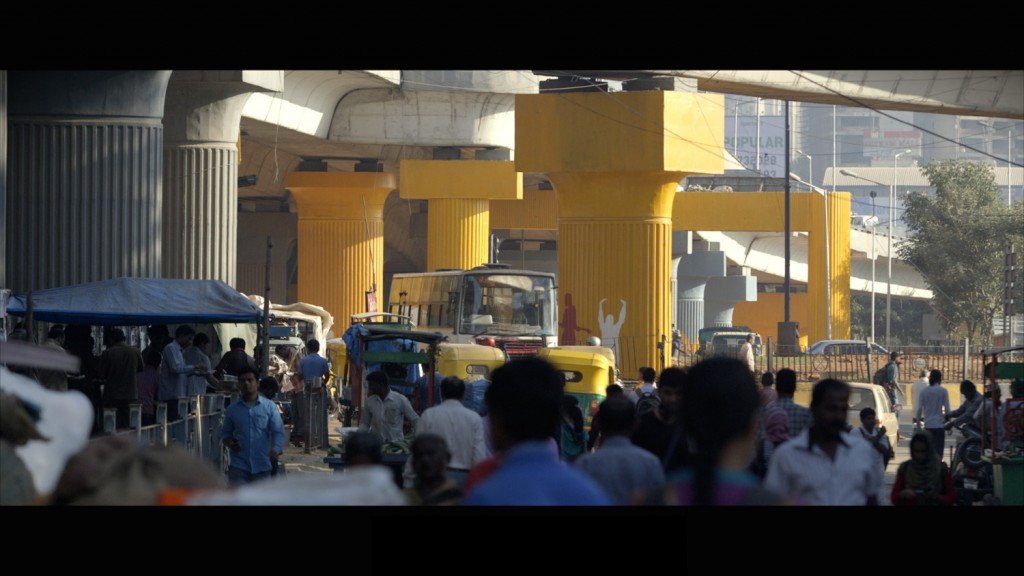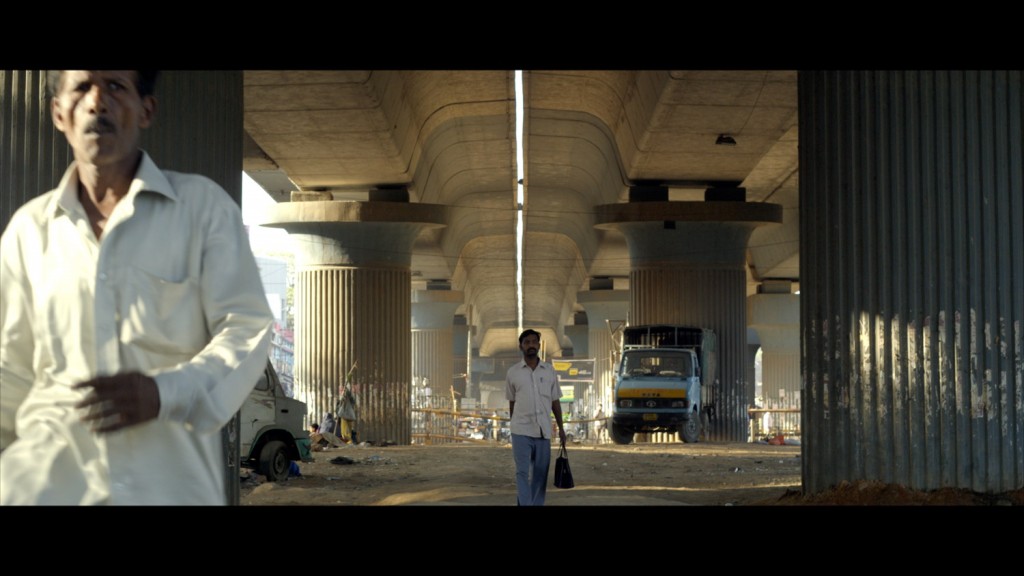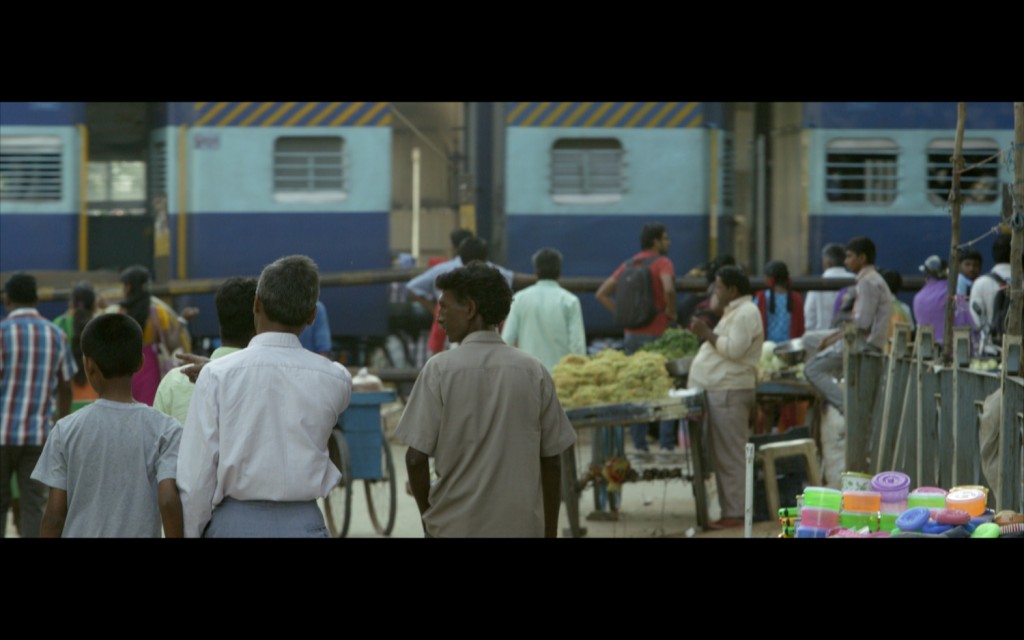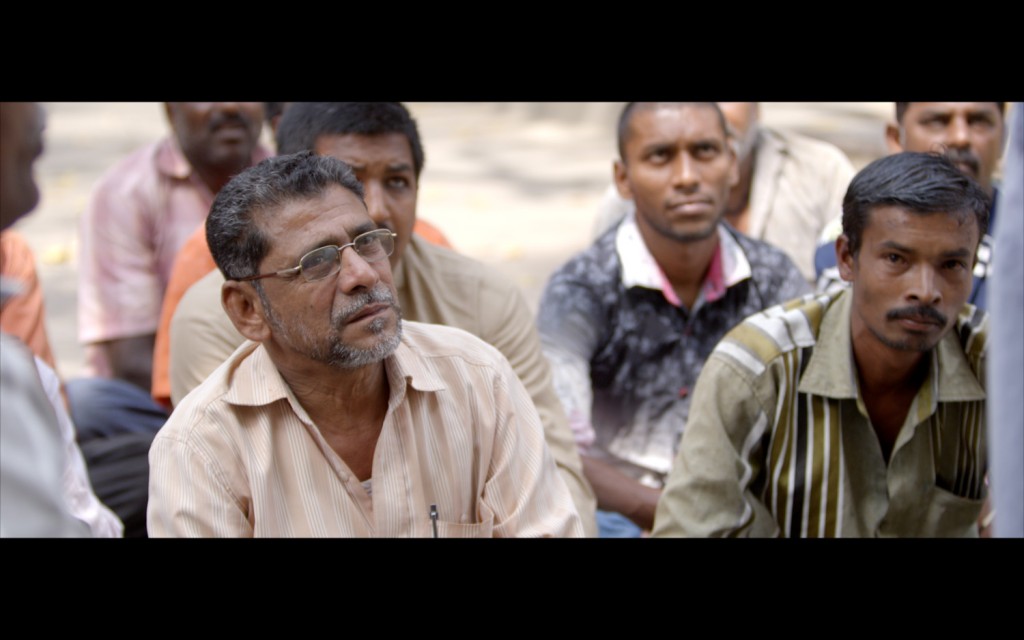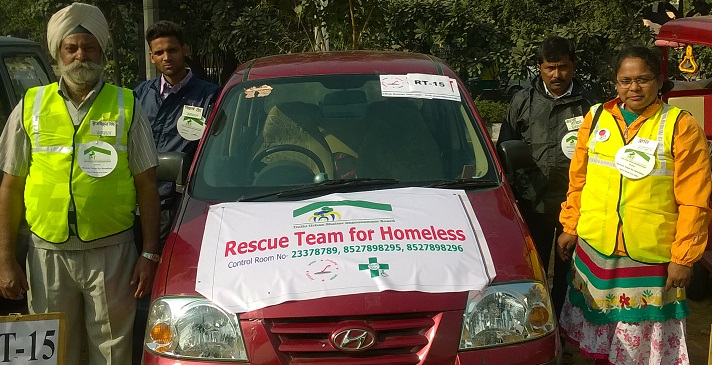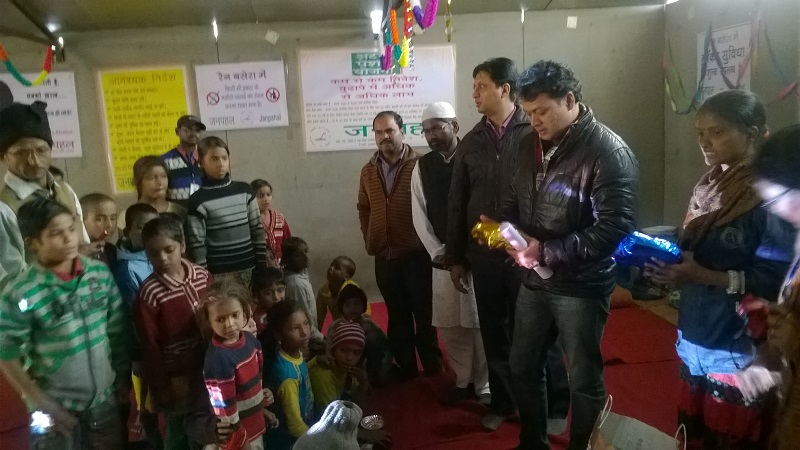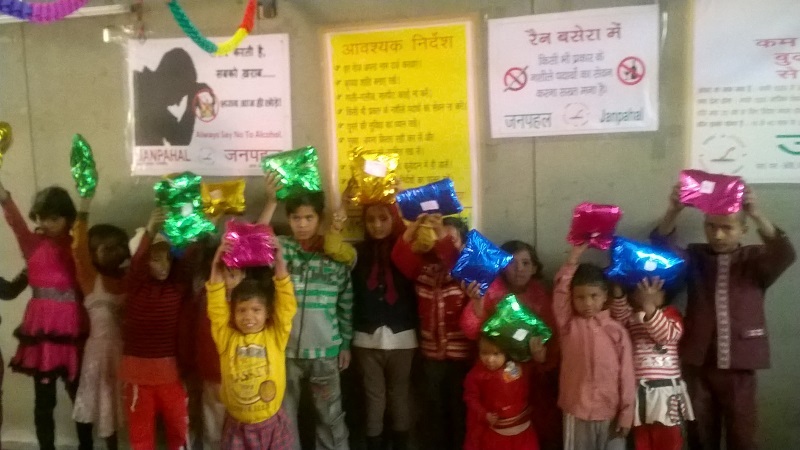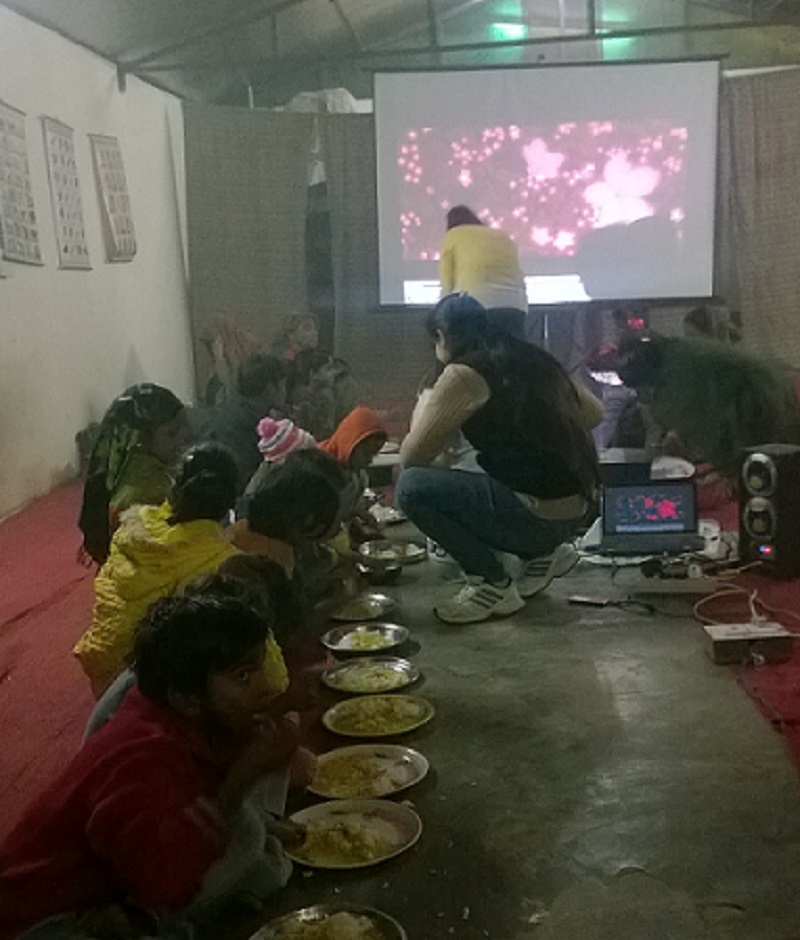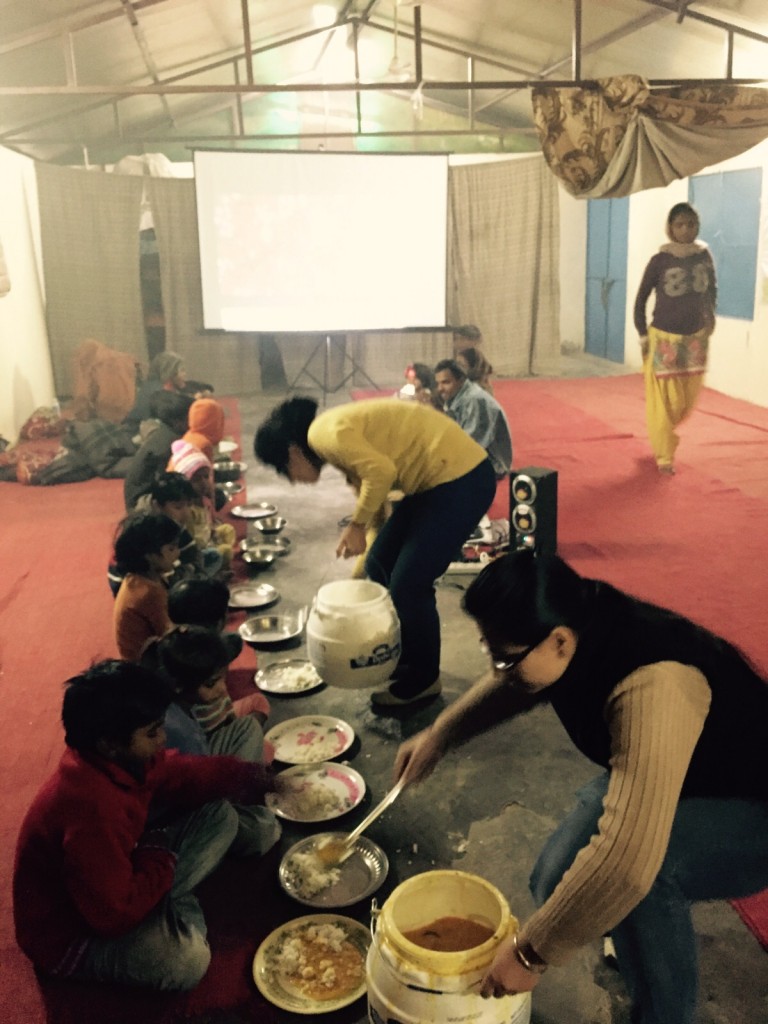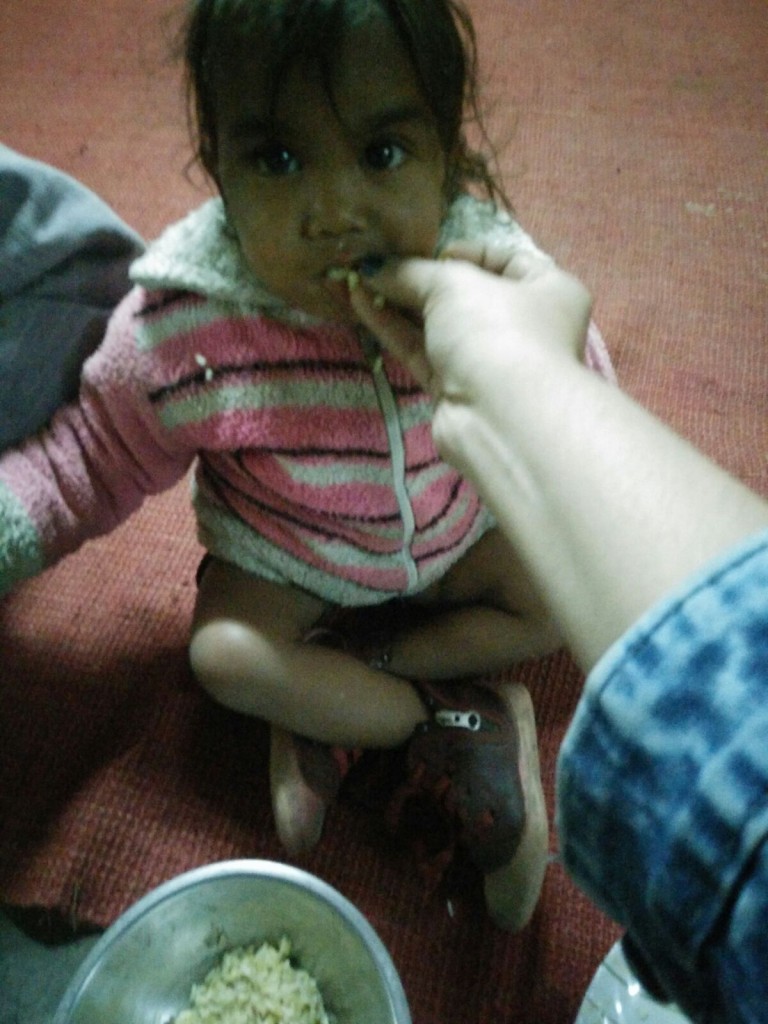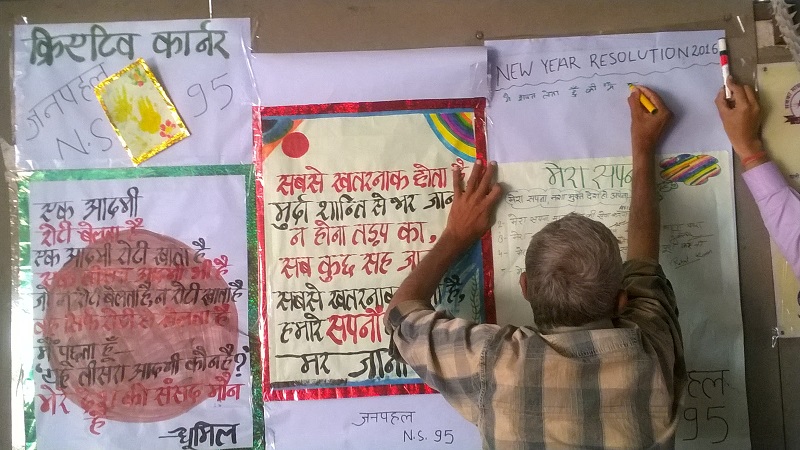Your cart is currently empty!
Category: Uncategorized
-
WALMART-FLIPKART DEAL: CONTINUING ATTACK ON RETAILERS, PRODUCERS, FARMERS & LABOUR, AND ON INDIA’S DIGITAL SOVEREIGNTY
Public Statement
May 28th, 2018
WALMART-FLIPKART DEAL: CONTINUING ATTACK ON RETAILERS, PRODUCERS, FARMERS & LABOUR, AND ON INDIA’S DIGITAL SOVEREIGNTY
The US based Multinational Corporation (MNC) Walmart’s acquisition of Flipkart undermines India’s economic and digital sovereignty and the livelihood of millions in India. If the $ 16 billion deal goes through, two US companies (the other being Amazon) will dominate India’s e-retail sector. They will also own India’s key consumer and other economic data, making them our digital overlords, joining the ranks of Google and Facebook.
The acquisition of the largest e-commerce firm promoted by Indian entrepreneurs is the latest step in a series of developments aimed at circumventing the existing cap on FDI in multi-brand retail by permitting foreign-owned online retail in India, and developing a digital stranglehold by foreign companies over India’s consumer goods value chains.
This process saw the gradual take-over of majority stake in the formerly Indian-owned Flipkart, the entry of the world’s largest e-retailer Amazon, and now the take-over of Flipkart by Walmart. Jack Ma, head of China’s Alibaba, says all e-commerce companies now have integrated online and offline strategies, consolidating operations towards one ‘new retail’. This is also evidenced by recent moves in the US by Walmart to enter e-retail and by Amazon to move into brick-and-mortar retail. It should therefore be clear to everyone that allowing FDI in e-retail in India is but a back-door entry of foreign players into multi-brand retail. Ironically, the same political party, which a decade ago strongly opposed the entry of Walmart into India, is now happy to welcome its far more powerful, digitally-enabled avatar.
India’s domestic digital retail industry will of course suffer by the domination of these two US MNCs. But worst affected will be small brick-and-mortar retail stores accounting for over 90% of the Indian retail sector, SME manufacturers, small delivery companies and suppliers of goods including farmers whose margins will be ruthlessly squeezed, with their behaviour digitally-controlled. Walmart is well-known for its global supply chain, especially of cheap goods from China, which means local manufacturers and suppliers will suffer deep hits.
This is similar to what would happen with FDI in brick-and-mortar multi-brand retail. It will, in fact, be worse, as digitally-enabled ‘new retail’ becomes omnipresent and omnipotent. The concentration of economic power with the two US MNCs, now constituting a potential duopoly in India, will render them too powerful to be meaningfully regulated. In the US, the trail of destruction of small stores, local businesses, small manufacturers and countless workers left behind by Walmart and other giant retailers is well documented, and the EU has also witnessed the same. ‘New retail’ seeks to own and control key data of all trading activity across sectors resulting in unassailable power. National policy or regulatory remits over them would then be as ineffective as they currently are over Google or Facebook. Manufacturers, suppliers and traders, producers and service providers, all become enslaved to digitally controlled platforms, working as per their parameters, but denied any rights or benefits. In this context, it is critical that the Competition Commission of India (CCI) examine the issue of monopolistic trade practices vis-a-vis this deal.
It is argued that Walmart and other retail giants will generate employment, but of what kind? Walmart has a long history of busting trade unions, violating the right to collective bargaining, paying poverty wages and disregarding social security laws. In e-commerce, work will also be outsourced to couriers and other service providers, making it a long stretch to prove that they are workers. Further, even if Walmart and Amazon employ a few thousand more, they are unlikely to neutralise the massive employment loss associated with the collapse of both the formal and informal retail sector. In this business model, whether in retail or in so-called ‘aggregators’ such as Uber, the giant corporations provide temporary benefits to consumers, and hence appearing to be on their side, by squeezing everybody in between including small producers and the vast majority of workers in the supply chain.
Digitalisation will soon be central to a wide range of economic activities, many of these being controlled by MNCs. A sovereign nation must be able to regulate e-commerce companies, making them comply with policies that uphold public interest, and ensuring that all economic actors get their fair share. This will be next to impossible with giant corporations operating from abroad and storing all their data overseas. There is an urgent need to reverse the entry of foreign e-commerce companies and their take-over of Indian entities, and to evolve effective regulations to govern the operations of domestic entities and protect the interests of the different players involved.
Digital companies such as Google and Facebook frequently refuse government or court orders for content take-down asserting that their data, algorithms and platforms operate from the US, and are subject to the latter’s laws. It will not be very different for data and Artificial Intelligence powering e-commerce platforms. This is what makes it extremely difficult to nationally regulate global digital companies, including e-commerce ones, and the reason that digital platforms in key sectors, including on-line retail, should be domestically owned.
After trailing behind India in software technologies till a decade back, China is now a global leader in digital technologies. China has been able to leverage its growing software capability because it has incubated domestically-owned digital e-commerce systems such as Baidu, Alibaba and Tencent, which also store their data locally.
The Government is seemingly blind to, or does not care about, the extra-ordinary dangers that the country would face if India’s e-commerce ecosystems are foreign-owned and controlled. Not just China, but the US and EU have also begun to disallow foreign takeovers of digital companies considered of strategic or economic importance. If the growing tendency of foreign control of digital platforms in key sectors is not resisted and reversed, India runs the danger of what has been called digital colonization.
Citizens of India should be deeply concerned about the ongoing developments in the e-commerce and especially the online retail space, the latest of which is the Walmart-Flipkart deal. We the undersigned, call for an urgent national debate on this important issue of economic independence and digital sovereignty, affecting the interests of many millions of Indians in different walks of life from workers to farmers, small shopkeepers and suppliers, manufacturers and traders, and a host of service providers, apart from potentially compromising consumption data of hundreds of millions of Indians.
Pending a national debate involving all the affected constituencies, and an informed collective decision based on it, we further demand that the Government of India halts Walmart’s takeover of Flipkart, upholds the policy of restricting FDI in multi-brand retail, and draws up a policy in consonance with this for online retail. We also seek a comprehensive policy on leveraging the strategic value of India’s data for the interest of India and her people, and on domestic ownership and regulation of digital platforms in key sectors.
Endorsed by:
Organisations/ Networks
- All India Bank Officers Confederation (AIBOC)
- All India Kisan Sabha (AIKS)
- All India Online Vendors Associations
- All India Public Sector and Central Government Officers Confederation
- Centre for Financial Accountability ( CFA)
- Chamber of Associations of Maharashtra Industry and Trade (CAMIT)
- Delhi Science Forum
- Environment Support Group (ESG)
- Federation of Traders Organisations of West Bengal
- Focus on the Global South
- Forum against Free Trade Agreements (FTAs)
- Free Software Movement of India (FSMI)
- Hawkers Joint Action Committee
- India FDI Watch
- Indian Social Action Forum (INSAF)
- IT For Change
- Knowledge Commons
- National Alliance of Peoples Movements (NAPM)
- National Fishworkers Forum (NFF)
- National Working Group on Patent Laws and WTO (NWGPL)
- New Trade Union Initiative (NTUI)
- Small Business Congress
Individuals:
- Prabir Purkayastha, Chief Editor, Newsclick
- Prof. Biswajit Dhar, Jawaharlal Nehru University (JNU), New Delhi
- Prof. CP Chandrasekhar, Jawaharlal Nehru University (JNU), New Delhi
- Prof. Dinesh Abrol, Institute for Studies in Industrial Development (ISID), Delhi
- Prof. Jayati Ghosh, Jawaharlal Nehru University (JNU)New Delhi
-
RCEP will hurt local industry and allow workers’ exploitation, says civil society
Copy of Article on Down to Earth
The trade agreement is being negotiated in secrecy, but it is likely to favour big companies and threaten India’s agriculture, industry and e-commerce sectors
Negotiations over a proposed free trade agreement, Regional Comprehensive Economic Partnership (RCEP), will have severe impacts on the state of agriculture and manufacturing industries in India, and may allow for exploitation of workers and natural resources in India, civil society representatives say.
The 18th round of negotiations on RCEP is being held in Manila, Philippines among 16 countries that account for 50 per cent of the global population and 29 per cent of the world’s GDP. These include 10 members of the Association of Southeast Asian Nations (ASEAN)—Brunei, Cambodia, Indonesia, Laos, Malaysia, Myanmar, the Philippines, Singapore, Thailand and Vietnam—and six other countries having existing free trade agreements with ASEAN: Australia, China, India, Japan, South Korea and New Zealand.
Civil society representatives say that the agreement in being discussed secretively. “In the past four years and to this day, no text has been made available to members of the public, parliamentarians, civil society or media,” says Dharmendra Kumar, director of India FDI watch, a Delhi-based non-profit.
The agreement will considerably reduce import duties for a range of goods in agriculture, manufacturing and service industries, allowing foreign companies to compete with domestic counterparts. According to India FDI Watch, RCEP mandates import duties in the range of 0-3% for member countries. India’s current duty on industrial goods is 10 per cent at an average, and 32.5 per cent for agricultural products.
Allowing exploitation
“Reduction of import duties to promote global value chain will lead to mass layoffs, low wages and further exploitation,” says Gautam Mody, General Secretary, New Trade Union Initiative (NTUI).
“Global value chains thrive by exploiting workers who are paid low wages, tied to informal jobs with extreme job volatility, and offered no or declining social protection measures, all of which are necessary to ensure profits for the rich companies. RCEP undermines technological development in developing countries and hence does not work either for creating sustainable employment or for local value addition in developing countries” he adds.
Local agriculture, which is dominated by small and marginal farmers in India, will also feel the impact of the free trade agreement. K T Gangadhar, president of Karnataka Rajya Raitha Sangha (KRRS), a farmers’ organisation, says, “The ASEAN has already devastated our plantation workers. The RCEP will have even stronger impacts on agricultural jobs. Not only will RCEP extract further access in plantation products for ASEAN, it will threaten livelihoods in sectors like dairy, meat and other agricultural products by allowing duty free imports of subsidised products from Japan, New Zealand and Australia,” says Gangadhar.
Reduction of duty is likely to put India at disadvantage in its trade ties with China. “India has a large trade deficit (Rs 3.45 lakh crores in 2015-16) with China, which will increase after RCEP. Companies producing steel and heavy machinery have already raised the concern that this would lead to displacing of local manufacturing by Chinese imports,” Dharmendra Kumar says. Garment, ceramics and electronics sectors will also feel the pressure due to cheaper Chinese imports.
Upper hand for rich companies
Governments of developing countries will be restricted from making policies that regulate foreign investors, favour domestic industry, or change labour laws and wage policies, under the agreement.
“RCEP will include the infamous Investor-State-Dispute-Settlement Mechanism (ISDS) that allows foreign companies to challenge policies and judicial decisions in secret arbitration cases,” says Adil Shariff, additional general secretary, Indian National Municipal and Local Bodies Workers Federation.
He explains the implication of the agreement, with example,“There are numerous cases, for example, between Veolia (French company) and Egypt, that show how foreign companies can challenge any change in labour laws (such as the Minimum Wages Act or maternity benefit provisions in India) as it increases in their cost of operation. In addition to the compensation demanded by companies, the litigation itself is financially devastating. In one case, Philippines had to pay US$ 58 million, which it could have used for the vaccination of 3.8 million children,” says Shariff.
E-commerce sector at risk
The e-commerce chapter in RCEP will impose binding rules that will force developing nations like India to give away data, a highly prized industrial resource, for free to big companies in Japan, New Zealand, Australia and China.
“This will seriously affect millions of small independent offline retailers and street vendors in India, as well as SME manufacturing sector workers as digitised products will compete with physical goods made in India”, says Dharmendra Kumar, who works with small retailers in India.
“The wholesale duty-free import of goods by e-commerce giants like Alibaba in China will threaten local products developed by SMEs and domestic job creation in those segments,” he adds.
-
Dharmendra Kumar article in National Hindi Daily on FDI in Retail.
Govt of India now claims to be the most open economy in the world for Foreign Direct Investment (FDI) by deciding to permit 100% FDI for trading, including through e-commerce, in respect of food products manufactured or produced in India and relaxing local sourcing norms up to three years and a relaxed sourcing regime for another five years for entities undertaking Single Brand Retail Trading of products having ‘state-of-art’ and ‘cutting edge’ technology.
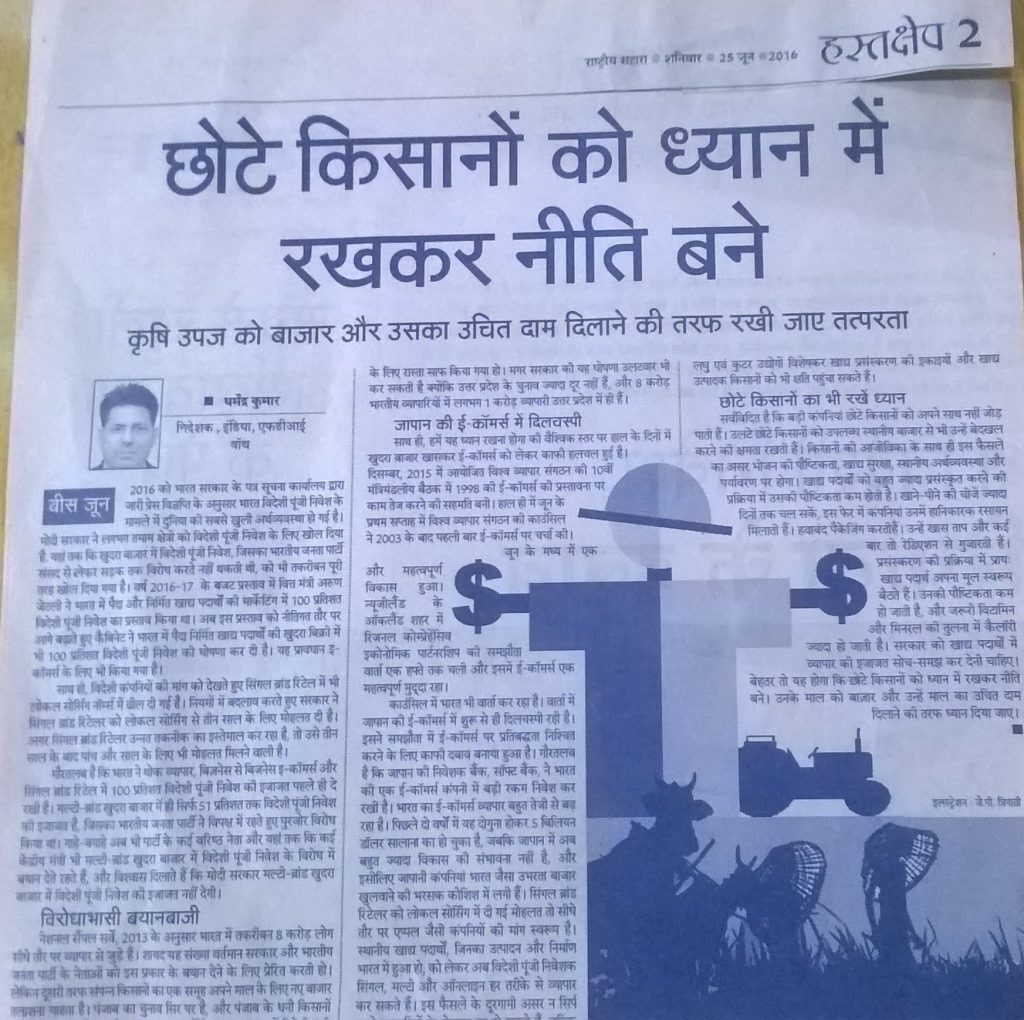
-
FDI Watch in the News
Govenment Mulls Fresh Study on Post-Harvest Loss of Farm Produce
Click to read full article.
-
Farmers, Traders, Hawkers and other affected groups oppose the budget proposal to allow 100% FDI in marketing food produced and manufactured locally
Press Statement
Farmers, Traders, Hawkers and other affected groups oppose the budget proposal to allow 100% FDI in marketing food produced and manufactured locally
Delhi, 1st March 2016—The India FDI Watch Campaign, along with the Bhartiya Udyog Vyapar Mandal (Federation of All India Traders and Industries), Federation of Associations of Maharastra, The Hawkers Federation, Janpahal and various other groups, opposed the union budget 2016-17 proposal to allow 100% Foreign Direct Investment (FDI) in marketing food produced and manufactured in India.
The groups called on the Govt. of India to adhere to its party manifesto which categorically opposed FDI in multibrand retail.
Sri Shyam Bihari Mishra, President of the Bhartiya Udyog Vyapar Mandal (BUVM), said “If the government is serious about stopping wastage of food and empowering farmers it should work on a sustainable model of distribution of food considering factors of demand and supply. It does not make logical sense to allow supermarkets which are known for wastage of food throughout their supply chain operation and squeezing farmers.”
Mohan Gurnani, President of the Federation of Association’s of Maharastra (FAM) opposed the move saying, “We know for a fact that small farmers, traders and hawkers are impacted when large corporations enter into the retail sector, the Government should be restricting their entry, but instead are allowing them in through various routes, and in the mean time appeasing the public by saying they are not in favour of FDI in multibrand retail.”
Vijay Prakash Jain, Secretary General of BUVM stated that, “the entire supply line of food, which is such an important part of this nation’s retail culture and history, stands to be threatened.”
Dharmendra Kumar, India FDI Watch, Campaign Director added, “the budgetary announcement raises concerns over livelihood, nutrition, food safety, local economies and the environment. Food loses most of their nutritional properties during heavy processing. To prolong shelf life, foods may have preservatives added to them, or they may be sealed in sterile packaging and may also be exposed to controlled amounts of heat, or in some cases radiation. Processing often radically changes the nature of the original food. Processed food ingredients tend to be nutrient-poor, meaning they are high in calories relative to the amount of vitamins, minerals and other key dietary nutrients. Many processed foods are high in added sugar, sodium, saturated fats or trans fats and contain little dietary fiber and can contribute to foodborne illness outbreaks. Case studies of other countries underline the need for development programs and public support to assist small farmers and traders’. Govt of India should not deregulate the farm and retail sectors in a rushed manner until sufficient measures are put in place that will protect livelihoods of farmers and small traders.”
Ms. Priti Maurya of Janpahal works with small farmers says,”processing plants have become larger and handle larger volumes of products, sometimes from many different sources and distribute them over a broader geographic area.Small farmers never become part of such so-called modern supply chain as processors and supermarkets look for large volumes. Small farmers would lose the local market. Food processors and supermarkets, can have considerable influence over who produces food, how it is produced and what is eaten.
Hakim Singh Rawat, General Secretary, The Hawkers Federation stated “Supermarkets too have high percentage of wastage. Wastage of non-perishable foods like grains and cereals has very low level of wastage but the Govt has allowed processors and supermarkets in all food categories in the name of reducing wastage. The policy would threaten livelihood of all street vendors depending on retailing food.”
-
ACORN in Delhi Offers Alternatives to the “Sleep Mafia”
Check out the Chief Organizer Blog that features the work of ACORN in India for the homeless.
In addition to running our own shelters again, ACORN India also runs a rescue vehicle in Delhi. It moves in the streets from 10 pm to 4 am and rescues homeless sleeping in open by bringing them to the nearest shelter.
Link to Article Featured in New York Times on Homeless in India
Desperate for Slumber in Delhi, Homeless Encounter a ‘Sleep Mafia’
By ELLEN BARRYJAN. 18, 2016
DELHI, India — When midnight approaches in Old Delhi and a thick, freezing fog settles over the city, the quilt-wallah Farukh Khan sits on his corner, watching the market for his services come to life.
They shuffle up one by one, men desperate for sleep. The bicycle rickshaw pullers, peeling one of his 20-rupee, or 30-cent, quilts off a pile, fold their bodies into strange angles on the four-foot seats of their vehicles. The day laborers curl their bodies on the frigid sidewalk, sometimes spooned against other men for warmth.
Those who cannot afford to pay Mr. Khan build fires, out of plastic if necessary, and crouch over them, waiting for the night to be over.
Does any city have a more stratified sleep economy than wintertime Delhi? The filmmaker Shaunak Sen, who spent two years researching the city’s sleep vendors for a documentary, “Cities of Sleep,” discovered a sprawling gray market that has taken shape around the city’s vast unmet need for shelter. In some places, it breeds what he calls a “sleep mafia, who controls who sleeps where, for how long, and what quality of sleep.”
The story of privatized sleep follows a familiar pattern in this city: After decades of uncontrolled growth, the city government’s inability to provide services like health care, water, transportation and security has given rise to thriving private industries, efficient enough to fulfill the needs of those who can pay.
But shelter, given Delhi’s extremes of heat and cold, is often a matter of survival. The police report collecting more than 3,000 unidentifiable bodies from the streets every year, typically men whose health broke down after years living outdoors. Winter presents especially brutal choices to homeless laborers, who have no place to protect blankets from thieves in the daytime hours. Some try to hide them in the tops of trees.
The moral quandary of making this into a business is at the center of Mr. Sen’s film, which had its premiere at a Mumbai film festival in November. One of his subjects, Ranjit, takes a protective attitude toward his regular “sleepers,” as he calls them, allowing them to drift off to sleep watching Bollywood films for 10 rupees a night. Another, a hard-nosed businessman called Jamaal, increases his price to 50 rupees, from 30, when the temperature drops.
In one scene, when a man pleads, “Sir, I am a poor man; I’ll die,” Jamaal chuckles and replies: “You’re not allowed to die. Even that will cost 1,250 rupees.”
“Look, sleep is the most demanding master there is; no one can stop it when it has chosen to arrive,” Jamaal says in the film. “We were the first to recognize the sheer economic might of sleep.”
Like many of this city’s businesses, sleep vendors are both highly organized and officially nonexistent. In Mr. Khan’s neighborhood, four quilt vendors have divided the sidewalks and public spaces into quadrants, and when night falls, their customers arrange themselves into colonies of lumpy forms. Some have returned to the same spot every night for years.
A drunken man, his hair matted, stumbled up to Mr. Khan and begged. “Brother, please,” he pleaded, and Mr. Khan uttered a curse under his breath, then grabbed a quilt and thrust it at him.
“If I don’t give him the blanket, he will freeze to death,” he said.
Earlier in the week, this had happened, just a block away from Mr. Khan’s spot. The morning street sweeper had tried to rouse a sleeping man from the sidewalk, but he pulled back the blanket and saw that the man’s feet were stiff.
The man, who was around 35, had been stumbling around drunkenly the night before. No one knew who he was; a police officer asked some other men to go through his pockets, in hopes of finding identification, but they were empty. He covered the body with a sheet, and it lay on the sidewalk until the mortuary workers came, at sunset.
A cluster of “pavement dweller” deaths prompted India’s Supreme Court to rule in 2010 that the country’s large cities must provide shelter for 0.1 percent of the population. This winter, Delhi expanded its shelter system to accommodate more than 18,000, but the number of homeless is vast — likely more than 100,000, said Ashwin Parulkar, who researches homelessness at the Delhi’s Center for Policy Research.
The sleep vendors, Mr. Parulkar said, thrive where the government has failed.
“They are exploiting them,” he said. “There is a slew of public policies for these people that are supposed to bypass this kind of exploitation.”
Mr. Khan, who has been here for eight years, says he extends credit for regular customers to a limit of 100, or occasionally 200, rupees. (Several shivering men, who had spent the night around a smoldering fire nearby, snorted in disbelief upon hearing this.) He considers boundaries between vendors so sacred that he will not step across them. He makes regular payments to the police and street sweepers so they do not disturb his sleepers, and he maintains close relations with the local pickpockets so that he can tell them whom not to rob.
“It’s hard,” he said, “but what would happen if I was not here? More people would die.”
He added, “I have the feeling that I am doing charity.”
Among his clients are the inebriated and the insanely hopeful. Mohammad Sajid, one leg misshapen by polio, was sharing a quilt with a friend, also polio-stricken, whom he had met washing dishes at a food stall. The two men had lost their jobs two weeks earlier, and every day their store of money dwindled: 2 rupees to use public toilets, 5 rupees to bathe, 5 rupees for a half-cup of tea, 10 rupees for half a quilt.
His friend was thinking of returning to his village, at least until the cold passed, but Mr. Sajid shook his head.
“I will go back,” he said. “But first I want to make something of myself.”
Mr. Khan knows better. Come back in five years, he said, and half of these guys will still be here.
“Everybody here is a sad story,” he said. “Why would a happy story come to sleep here?” He poured himself a plastic cup of whiskey. “They will get up in the morning, use the toilet, and they will be ready for work. The system never finishes.”
***
Janpahal, a Delhi based affiliate of ACORN International in association with Govt of Delhi is running and managing five shelters for homeless namely at Shakarpur, Ganesh Nagar, Yamuna Khadar, Akshardham and Geeta Colony. The shelters are free with many facilities including clean mattress, bed sheets, blankets, quilts, drinking water, electricity, toilets, bathroom, first aid box, lockers, daily newspaper, morning tea, breakfast, counseling and sanitary napkins. Free tuition are provided to school going homeless children. Facilities for entertainment and sports are also available. Along with daily morning tea and healthy breakfast, fresh and hot food for dinner are also being served on Sundays. We run various awareness programmes and programs to link homeless with government services and skill development programs. Special awareness drive was conducted on drug-addiction, HIV/AIDS, TB etc. Homeless residents of these shelters collectively celebrate festivals and has created a creative corner in all shelters. Recently, a film festival was organized from Christmas to New Year.

